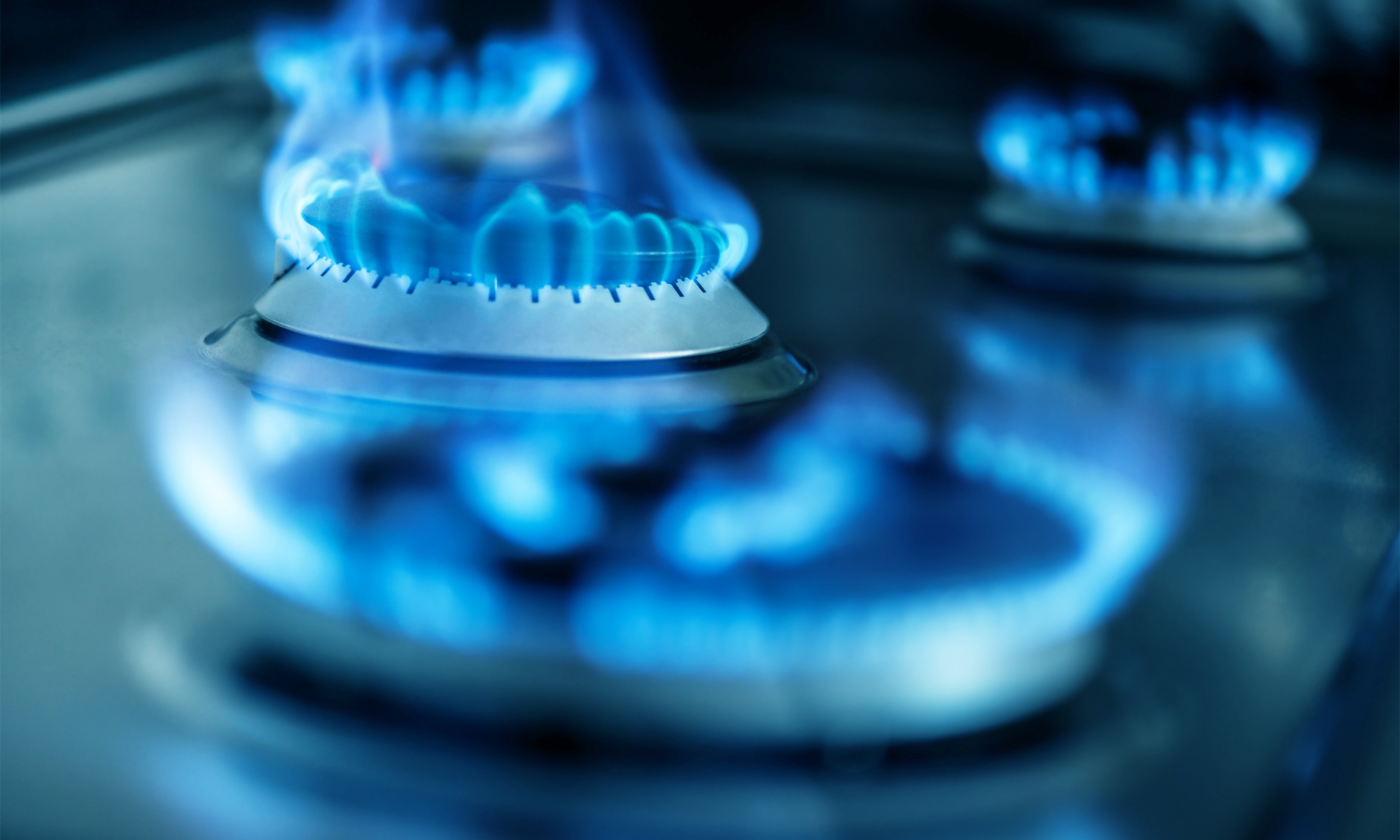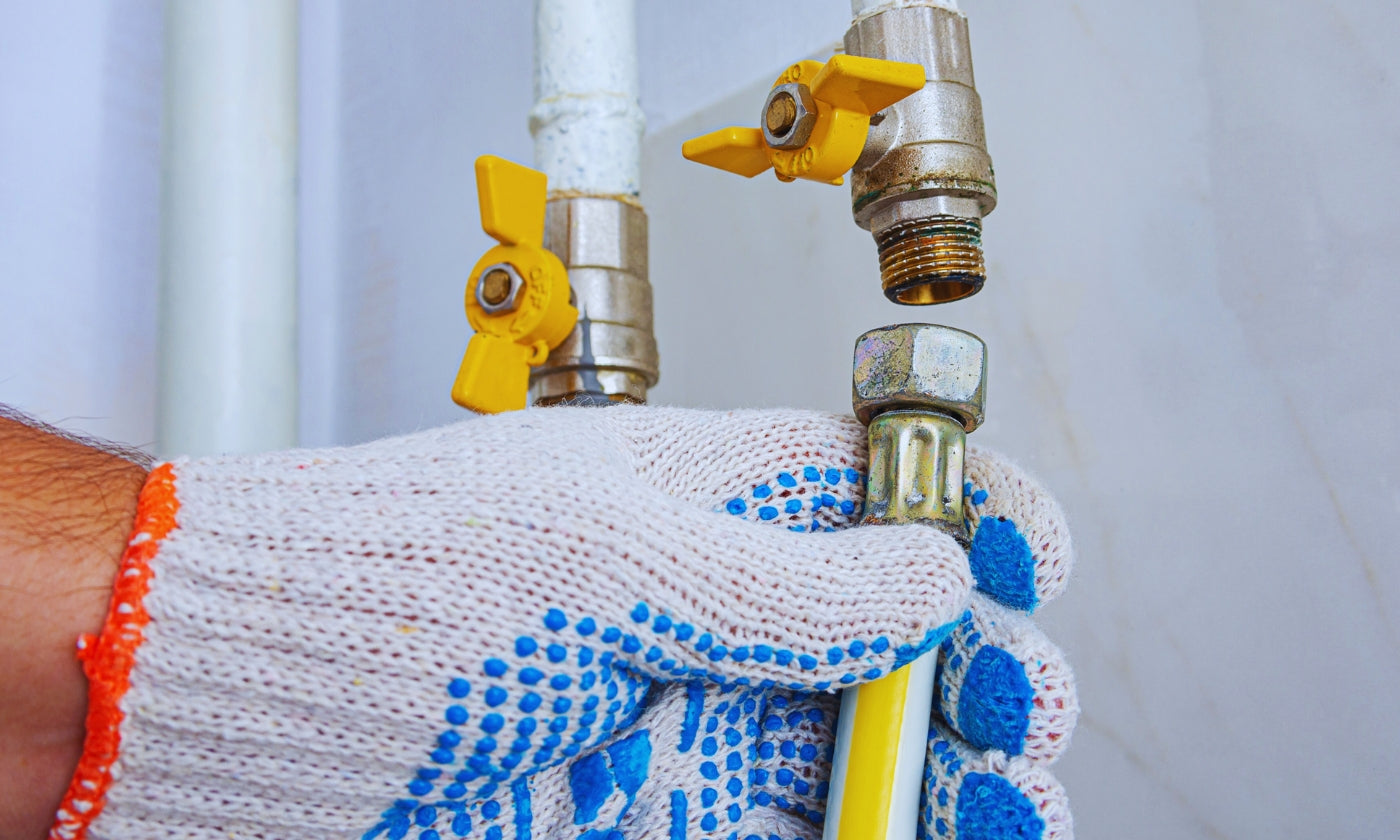As a property manager, you always want to ensure the safety of your real estate. While natural gas is a convenient and efficient energy source, it can also be dangerous if not handled properly. That's where natural gas alarms come in.
Natural gas has been a preferred energy source for buildings for decades. It has been widely adopted as a transitional solution from more polluting fossil fuels, making it part of the strategy for a cleaner, sustainable energy future. However, there is still a lot of misinformation about natural gas, creating some serious controversy and confusion.
These misconceptions have led to preemptive action from local jurisdictions without considering the repercussions of getting rid of natural gas or the benefits of keeping it. In 2019, Berkeley, California, was the first city to ban natural gas hookups in new buildings. So far, 76 cities in 10 states have taken some form of local government action, with most of those cities in California. But what will happen if all of California switches to electric?
Knowing that, realistically, you can’t simply remove kitchen appliances across the country, legislation is moving in many states to require the installation of natural gas alarms. In fact, the state of Maine has led the way as the first state to require natural gas alarms in all places where natural gas appliances exist.
Understanding potential outcomes and learning how to manage natural gas safely and efficiently is crucial.
What is Natural Gas?
Natural gas is a safe, affordable energy source that’s efficient, reliable, and invisible. It’s a versatile fuel with a wide range of applications, including heating homes and buildings and fueling stoves, water heaters, and dryers.
Natural gas use can help reduce greenhouse gas emissions and air pollution compared to other fuels. It is found underground, often alongside deposits of petroleum and coal but is considered a cleaner-burning fossil fuel and can be extracted through drilling.
Natural gas is colorless and odorless, making it difficult to detect without the proper tools. Technological advances have made natural gas safety achievable, with natural gas detectors, alarms, and scent additions, all reducing natural gas risks. Many gas companies add mercaptan, an odorant similar to rotten eggs, to help detect leaks. Leaks can occur due to faulty appliances, improper installation, or even natural disasters like earthquakes, hurricanes, and tornados. This is where natural gas alarms come in.
Natural gas detectors and natural gas alarms are designed to detect natural gas leaks and alert you, giving you time to evacuate the property and call for help. DeNova Detect natural gas alarms and detectors can detect even the smallest amounts of natural gas, ensuring you and your family are always safe.
Proponents of banning natural gas appliances have offered solar power and wind power as viable alternatives. Still, natural gas power plants can quickly ramp up or down to meet demand, making them ideal for balancing the fluctuations in energy supply and demand that occur throughout the day. Additionally, natural gas power plants have a high energy density and can produce large amounts of electricity with a relatively small physical footprint.
While considering all energy options is prudent, it’s clear that natural gas is still a valuable option for property owners and businesses.
Related post: The Truth About the Gas Stove Controversy
Natural Gas Appliances Explained
Natural gas appliances are a great investment for your property, and installing them can help you save on your energy bill.
- Gas ranges and ovens: Gas ranges and ovens turn on and off instantly, providing even heat distribution for faster cooking and baking. Natural gas ranges tend to have longer shelf lives and lower operating costs than electric ones.
- Water heaters: Natural gas water heaters, both storage and tankless models, provide more hot water on demand and provide considerable savings in the long run. While buying an inexpensive electric water heater may be tempting, the least expensive water heaters are often the most costly to operate. Compared to a basic electric water heater, a high-efficiency gas water heater can save you hundreds of dollars per year in operating costs.
- Air conditioning: Some models have incredible energy efficiency, and water is recycled rather than consumed when running the unit. Most natural gas units are reliable in extreme temperatures as high as 131 degrees Fahrenheit. Plus, many models can be powered by a generator, making them ideal for emergencies or use off the grid.
- Clothes dryers: Gas dryers run at a higher temperature, drying clothes faster than their electric counterparts. Moist heat from natural gas is gentle on fabrics, resulting in softer sheets and towels with brighter colors. Plus, gas dryers cool down quickly after the cycle, reducing wrinkling. They are easier on your clothes and your budget.
With the clear benefits of natural gas appliances, it’s no wonder so many property managers prefer them for their real estate. The key here is that you must consider natural gas safety if you choose to use natural gas appliances. Here are a few simple ways you can ensure natural gas safety:
Residential Gas Leak Risks
Odds are, if you follow the tips listed above and equip yourself with natural gas alarms, you won’t have any serious natural gas issues. But, should something go awry, here are a few things you should keep in mind to avoid accidental safety hazards with natural gas:
- Fire: One of the most significant risks associated with natural gas leaks is the potential for a fire to start. Natural gas is flammable, so even a small spark or ignition source can lead to a dangerous blaze.
- Explosion: In addition to fire, natural gas leaks, if not managed, can lead to explosions. If accumulated in an enclosed space, gas can reach a critical concentration and ignite, causing a powerful blast.
- Health Issues: Long-term exposure to low levels of natural gas can lead to various health issues, including respiratory problems, headaches, and fatigue. For this reason, detecting even minor leaks with natural gas leak detection technology is key.
- Property Damage: Gas leaks can cause damage to property, such as corrosion of metal pipes. As noted above, using updated piping rather than copper fixtures is essential to natural gas safety and reduction in property damage.
Final Thoughts
For many of us, natural gas is part of our everyday lives—it heats our homes and water and helps us cook our meals. While misconceptions have been spreading over the last several months, the truth is that natural gas is a cost-effective and environmentally sound energy option for homes. And it can be used safely with the proper precautions.
Installing a natural gas leak detector on each floor, 12 inches from the ceiling and in the same room as your natural gas appliances, is the first step to keeping your real estate and loved ones safe.
Remember: If you have multiple gas appliances, you should consider multiple detectors. Coupling Denova Detect natural gas alarms with the safety tips outlined here will help you protect your property while enjoying top-of-the-line, cost-effective appliances.





Leave a comment
This site is protected by hCaptcha and the hCaptcha Privacy Policy and Terms of Service apply.